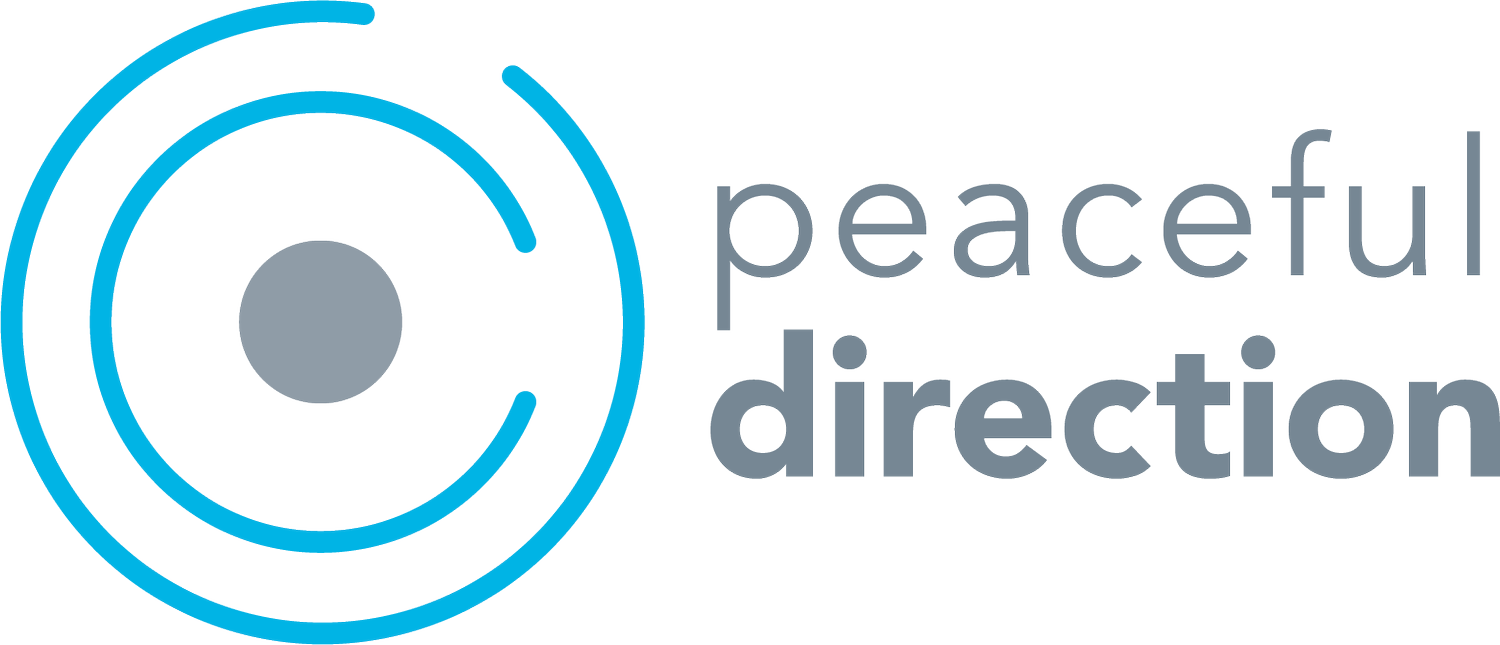How to choose a coach
So you’ve decided to hire a leadership or executive coach. Congratulations! You’re on your way to the kind of transformation that comes from making better sense of the world, and showing up as your best self at work. (I know this because I was a client before I became a coach, but that’s a story for another day.)
How to choose, then?
I always recommend that potential new clients interview 2-3 coaches, sometimes more. Here are a few things to consider.
Not always a choice
First, recognize that you don’t always get to choose. I am on the coach roster for Sounding Board, a platform company that works with large institutional clients. In this environment, coaches are matched to the people they coach using a proprietary algorithm. It takes into account how both people work and how they see the world. I’ve had the privilege of coaching some pretty fascinating people in the last couple of years thanks to this bit of technological magic. Also, some companies have a roster of coaches internally or under contract, and your employer will pick one for you. So the rest of what I have to say here is about those times when you can choose your own coach instead of having one chosen for you.
Qualifications matter
Coaching is a self-regulated industry. I’m a business owner and I keep up on my corporate filings and taxes, but I don’t carry a license from any government body. This sets me apart from the person who cuts your hair, unclogs your drain or counsels you into better mental health. What I do have is education from an accredited coach training program, hundreds of hours of coaching experience and accreditation from the International Coaching Federation (ICF). It’s the standards and membership body for professional coaches. So, even though anyone can put up a website and call themselves a coach, the ICF fills the gap by making sure coaches meet core competencies and comply with a published code of ethics. Your coach should be ICF-accredited at one of the three levels: Associate (ACC), Professional (PCC) or Master (MCC). I’m a PCC.
Logistics narrow the field
This one is pretty simple. Can you afford the package your potential coach is suggesting for you? If so, will you feel good about committing the time and resources to the coaching engagement? Is the coach available to take on a new client when you’re looking to get started? If you find yourself answering no to these questions, you’ll probably want to look elsewhere.
More familiar, or too familiar?
I had more than two decades of experience in communications before becoming a coach. I’ve worked in government, nonprofits and utilities. I’m also a lawyer. And I’ve had plenty of great engagements with people whose backgrounds are similar to mine in some way. There’s a shorthand and an understanding in this situation. I also have to be really careful not to substitute my judgment for that of the client. And I would resist taking on a recent former boss or a close friend, because that’s just too familiar.
On the other hand, I’ve coached a fair number of software engineering managers and leaders in financial services. I know next to nothing about software engineering or finance, yet we’ve still been able to create lasting change together. I think this is because some themes of leadership are universal, and because clients find value in their coach looking at a situation with fresh eyes.
Lastly and most importantly: fit
If you’re looking at a small handful of accredited coaches who meet your budget, the last and most important thing to consider is fit. You’re going to want to spend a half hour, or more, speaking with each of them one on one. You will probably learn a few things that didn’t jump out from the website or LinkedIn profile. And the coach will likely take you through a series of questions of their own, to learn your story and where you want to go in coaching.
The result will feel like a coaching session in miniature. This is what you’ll want to reflect on carefully after you’ve done all of them. Were you comfortable speaking about yourself in a personal, confidential way with this person for a period of time? Did you find yourself wanting to spend more time with them? Did they have a welcoming presence and surround you with curiosity and their full attention? Did you get the sense that they will challenge you to think differently while remaining supportive of your desired outcomes?
The best fit = your new coach.
I do want to be careful not to mix up “best fit” with “most similar.” I coach a lot of introverts because I am one myself, and our common experience helps deepen the coaching. But I’d encourage you to reach a little beyond the familiar when it comes to work experience, location, race, gender, age or any other characteristic that makes people unique. I’ve done all of these reaches both as a coach and as a client, and I wouldn’t trade the experience for anything.
Happy choosing!
For more resources about the field of coaching, including the benefits of hiring a coach, please visit my resource library.
Thumbnail image: Choice Magazine
